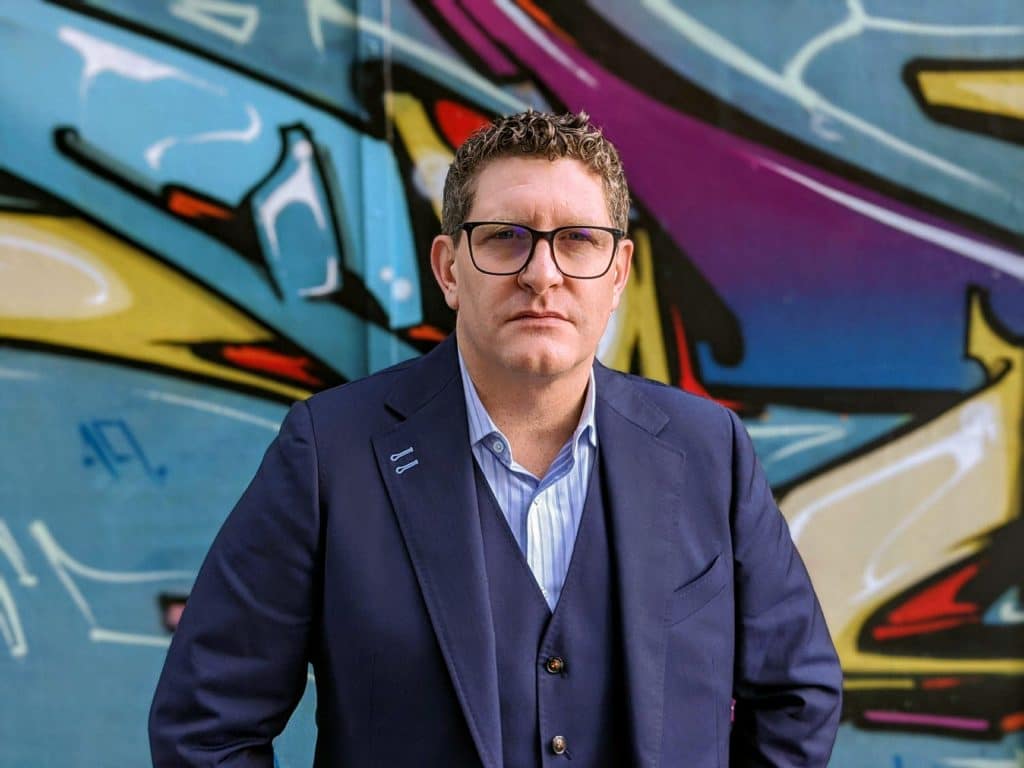エリン・トラフォードがMotivBaseの文化人類学者ウジュワル・アルカルグドとMotivBase社長ジェイソン・パートリッジと共にホストを務めるStory Studio Networkのポッドキャスト「Why Meaning Matters」へようこそ。
Our hosts jump right into what phrases like “natural”, “non-chemical”, or “made from natural source material” mean to the consumer and why it matters to businesses selling products with these labels. For Ujwal and Jason, working with companies on sustainability and natural-related initiatives means explaining something called ‘cultural requirement’ when the results don’t meet expectations.
今すぐ聴く
なぜ意味が重要なのか」へようこそ。エリン・トラフォードがMotivBaseの文化人類学者ウジュワル・アルカルグドとMotivBase社長ジェイソン・パートリッジと共にホストを務めるStory Studio Networkのポッドキャストです。
Our hosts jump right into what phrases like “natural”, “non-chemical”, or “made from natural source material” mean to the consumer and why it matters to businesses selling products with these labels. For Ujwal and Jason, working with companies on sustainability and natural-related initiatives means explaining something called ‘cultural requirement’ when the results don’t meet expectations.
UJWAL [00:03:40] “And you are sitting there going, ‘But I made my product more sustainable. Why am I not selling more?’ Or, ‘Why am I getting not getting better margins off of it?’ And that’s because in the consumer’s mind there are cultural requirements and cultural requirements come based on the meanings we associate with things.”
Consciously or not, consumers are making balanced values-based decisions when they’re buying a product including those labeled with words like ‘all natural’ and ‘non-toxic’ based on their own complicated formula.
JASON [00:05:59] “…at the end of the day, there’s this kind of, this yin and yang, this kind of back and forth, this kind of job that we have in order to think about what is the thing do for us and from a value standpoint, does it align with how I’m trying to kind of do the math in my head?”
Simply put, cultural requirements change as you change the context. Expectations for ‘natural’ in the context of food will be different from that of cleaning products or personal care products.
UJWAL [00:07:53] “And that’s what’s fascinating about this is that as you change the context and make it more and more nuanced and more and more specific, their cultural requirements become more specific because people have more agreement on the meanings behind these things. And, when we get to those specific meanings, we create for ourselves a blueprint where we know exactly what we need to do, what benefit we need to deliver, and what we can expect in return.”
As it turns out, there’s even a nuanced difference between saying a product doesn’t contain something versus saying it does. Ujwal shares an example of packaging for a dish soap product.
UJWAL [00:09:56] “So that could mean, on one hand, a new label that says, ‘Made without Virgin plastics’. And in that case, the without label is just as powerful as saying, ‘Hey made with Post-consumer recycled materials’ or ‘Made with recycled plastic’ and in that situation, the question we’re actually asking is why should we pick one versus the other, and what benefit and what meanings will it imply in the marketplace? And they’re different.”
If there are such subtle differences in word choice and meaning, whose responsibility is it to educate the consumer? The reality is, it’s an ongoing debate.
JASON [00:12:16] “I think that there is a question and around the choices that we’re making as a collective, but there’s a huge opportunity when it comes to these companies in being at the forefront of really understanding and driving change. The key to it, though, the key to it is really understanding where culture is going and where they should be making the right inroad that link back to what that corporation or that brand stands for because there’s no sense in swimming against the tide.”
The other side is that we have very little control over how education and meaning spread in culture.
UJWAL [00:13:40] “You know, we started in the early episodes talking about how new ideas developed from myth and they slowly transpire into becoming actual stories, truths in culture. A lot of what we’re trying to do is figuring out when something is in the mid-stage, how much impact can we really truly have on it? And that’s when you can have some amount of impact, but ultimately it’s sort of, it’s a democracy in a way.”
In the next episode, our hosts pick back up on the topic of how Meaning is studied. Stay tuned for episode ten of Why Meaning Matters. A podcast produced by Story Studio Network and iContact Productions for MotivBase- Decoding implicit meaning behind what people talk about.
会話に貢献したい場合は、hello [at] storystudionetwork [dot] comまでメールを送ってください。このエピソードを楽しんでいただけたら、ぜひシェア、評価、そして番組の購読をお願いします!

